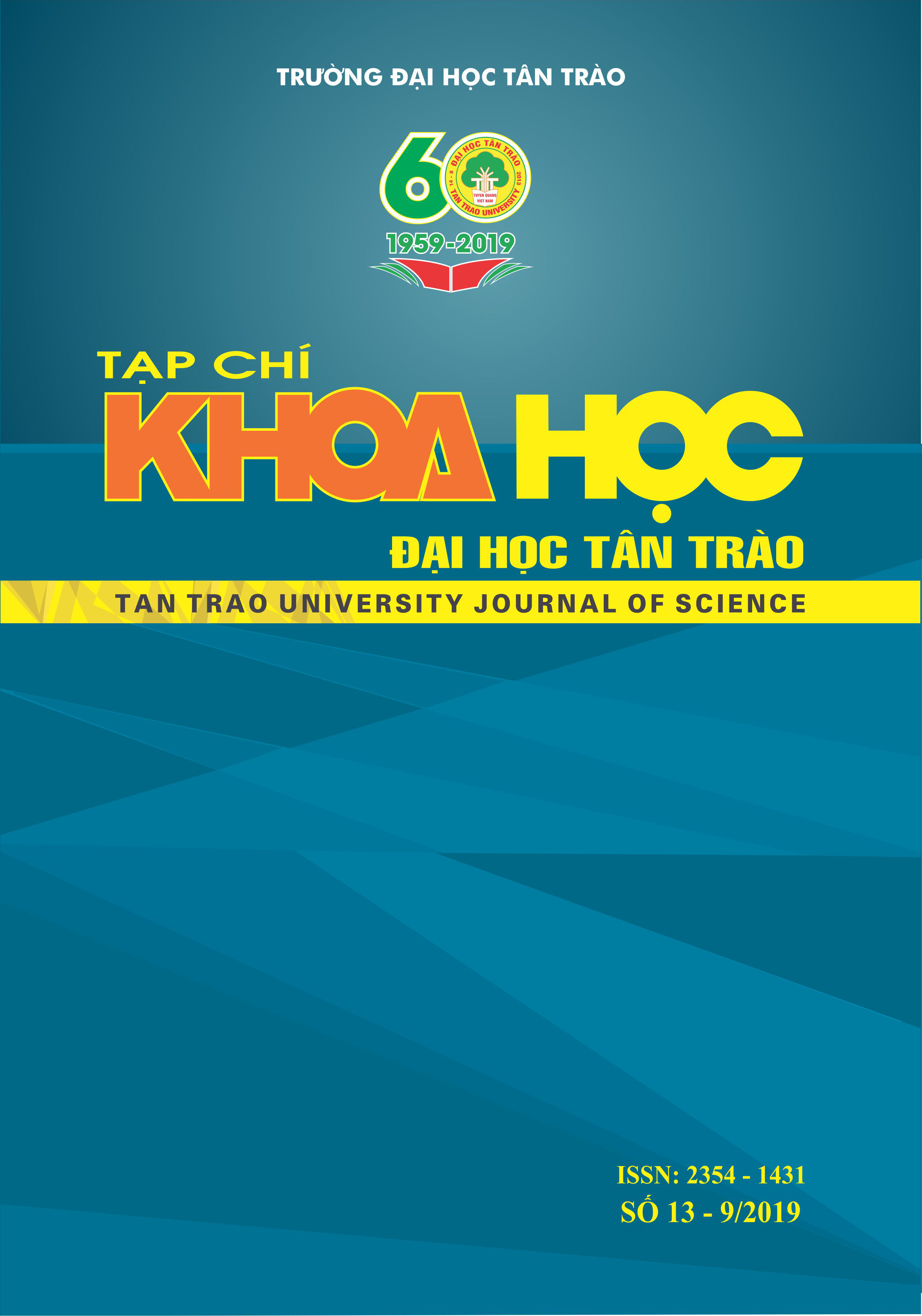Exposure-based treatment on public speaking self-efficacy and competence
Keywords:
Public speaking self-efficacy, sources of self-efficacy, exposure-based treatment, public speaking competence, public speaking instructionAbstract
This study aimed to examine exposure-based treatment, i.e. various ungraded speech activities, as a pedagogical strategy to heighten public speaking self-efficacy and competence. Also, it aimed to determine the influence of mastery experience, vicarious experience, social persuasions, and physiological states as sources of self-efficacy before and after.
Quasi-experimental, one group pretest-posttest design was used to meet the objectives of the study. Furthermore, it was conducted as a single-blind experiment. The seven participants answered scales to determine their public speaking self-efficacy and to determine how influential the sources were. An evaluation of images activity was conducted to determine public speaking competence. All instruments were administered twice: before and after the exposure-based treatment. The data were analyzed using mean, scoring and descriptive scales, paired-samples T-test, Pearson r, and multiple regression analysis.
The findings of the study revealed that the participants had average self-efficacy before and after; vicarious experience was the most influential source before and after; the participants had proficient public speaking competence after. Moreover, there is a significant difference between public speaking self-efficacy before and after; there is a highly significant difference between public speaking competence before and after; there is a significant difference between and social persuasions before and after. Furthermore, there is no significant relationship between public speaking self-efficacy and competence. Lastly, the sources of self-efficacy are not significant predictors of public speaking self-efficacy.
Downloads
References
1. Alawiyah, T. (2018). Speaking Self-Efficacy and EFL Student Teachers’ Speaking Achievement. Edukasi Jurnal Pendidikan dan Pengajaran. 5(1), 87-96.
2. Al-Tamimi, N. O. M. (2014) Public Speaking Instruction: Abridge to Improve English Speaking Competence and Reducing Communication Apprehension. International Journal of Linguistics and Communication. 2(4), 45-68. http://dx.doi.org/10.15640/ijlc.v2n4a4
3. Arslan, A. (2012). Predictive Power of the Sources of Primary School Students' Self-Efficacy Beliefs on Their Self-Efficacy Beliefs for Learning and Performance. Educational Sciences: Theory and Practice. 12(3), 1915-1920.
4. Ballo-allo, D. (2010). Self-efficacy in English: A comparison of first year and fourth year students’ language self-efficacy in the Philippines and the factors affecting self-efficacy. University of Oslo. Oslo, Norway.
5. Bandura, A. (1994). Self-efficacy. Stanford University. Stanford, California.
6. Dwyer, K. & Fus, D. (2002). Perceptions of communication competence, self-efficacy, and trait communication apprehension: Is there an impact on basic course success? Communication Research Reports, 19, 29-37.
7. Finn, A., Sawyer, C., & Schrodt, P. (2009). Examining the Effects of Exposure Therapy on Public Speaking State Anxiety. Communication Education. 58(1), 92-109, doi: 10.1080/03634520802450549
8. Herbein, E. et al. (2017). Fostering elementary school children’s public speaking skills: A randomized controlled trial. Learning and Instruction. 55(2018), 158-168. https://doi.org/10.1016/j.learninstruc.2017.10.008
9. Kadian-Baumeyer, K. (n.d.). What Is Public Speaking and Why Do I Need to Do It?. Retrieved February 8, 2018 from https://study.com/academy/lesson/what-is-public-speaking-and-why-do-i-need-it.html.
10. Paradewari, D. (2017). Investigating Students’ Self-Efficacy of Public Speaking. International Journal of Education and Research. 5(10), 97-108.
11. Warren, J. (2011). The Relationship between Service Learning and Public Speaking self-efficacy: Toward Engaging Today’s Undergraduates. University of Kentucky. Lexington, Kentucky.
12. Zekeri, A. (2004). College Curriculum Competencies and Skills Former Students Found Essential to their Careers. College Student Journal. 38(3), 412.
Downloads
Published
How to Cite
Issue
Section
License

This work is licensed under a Creative Commons Attribution-ShareAlike 4.0 International License.
All articles published in SJTTU are licensed under a Creative Commons Attribution-ShareAlike 4.0 International (CC BY-SA) license. This means anyone is free to copy, transform, or redistribute articles for any lawful purpose in any medium, provided they give appropriate attribution to the original author(s) and SJTTU, link to the license, indicate if changes were made, and redistribute any derivative work under the same license.
Copyright on articles is retained by the respective author(s), without restrictions. A non-exclusive license is granted to SJTTU to publish the article and identify itself as its original publisher, along with the commercial right to include the article in a hardcopy issue for sale to libraries and individuals.
Although the conditions of the CC BY-SA license don't apply to authors (as the copyright holder of your article, you have no restrictions on your rights), by submitting to SJTTU, authors recognize the rights of readers, and must grant any third party the right to use their article to the extent provided by the license.


